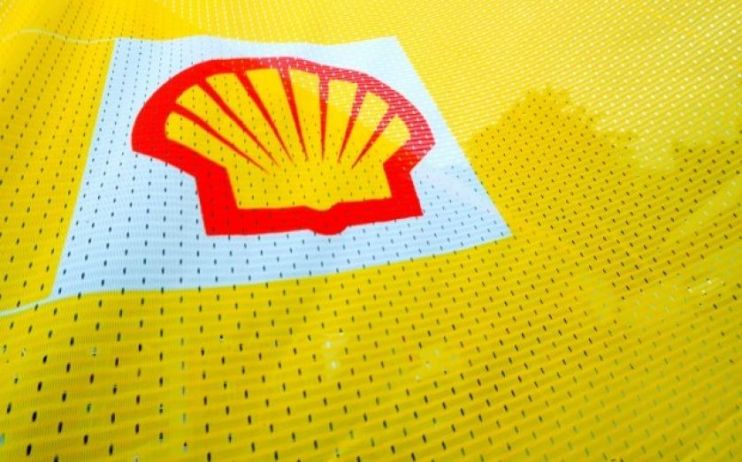Shell unveils record profits and begins $6bn buyback programme

Energy giant Shell has posted massive profits of $11.5bn for the second quarter, smashing its previous record three months of trading earlier this year when it reported $9.2bn earnings.
The company’s performance has been driven by soaring commodity prices in an increasingly turbulent economic environment.
The London-listed company has now announced a share buyback programme of $6bn, expected to be completed by the third quarter results announcement later this year.
Cash flow from operations has soared $3.8bn from the first quarter of this year to $18.7 billion in the second quarter.
Net debt has been reduced four per cent from $48.5bn three months ago to $46.4bn.
Overall, shareholder distributions in the quarter amounted to $7.4bn, with $1.9bn consisting of dividends while $5.5bn was in buybacks.
The whopping $8.5bn share buyback programme for the first half of 2022 was completed earlier this month on 5 July.
Meanwhile, Shell has strengthened its energy security through natural gas investments in Pierce and Jackdaw, participation in the North Field LNG expansion in Qatar and Crux FID in Australia.
It is also set for investment decision for Holland Hydrogen I in the Netherlands, and is progressing its completion of the acquisition of Sprng Energy in India.
Shell’s chief executive Ben van Beurden said: “With volatile energy markets and the ongoing need for action to tackle climate change, 2022 continues to present huge challenges for consumers, governments, and companies alike. Consequently, we are using our financial strength to invest in secure energy supplies which the world needs today, taking real, bold steps to cut carbon emissions, and transforming our company for a low-carbon energy future.
The company will be hit by the Energy Profits Levy, brought in by former Chancellor Rishi Sunak – a 25 per cent additional tax on the profits of North Sea oil and gas operators such as Shell to help fund a £15bn package to tame household energy bills.
It is expected to generate £5bn in revenue this year.
This new tax will be applied to income generated after May 26, and its introduction is expected to have a negative impact of around $400m on the deferred tax position currently recognised in Shell’s balance sheet.
Good news after London move
The past 12 months have been highly eventful for Shell.
Alongside its rebounding profits, the company ditched its Dutch base and moved its headquarters to London – conceding its ‘Royal Dutch’ label.
It also scrapped its dual share structure – with the company now trading on the FTSE 100.
The group has also pushed through its climate change plans, despite activist pressure and challenges from investor groups.
Commenting on the results, Joshua Warner, market analyst at City Index said: “Shell is firing on cylinders after the company beat expectations this morning, delivering record profits in the second quarter as it reaped the rewards from higher oil and gas prices as well as a spike in refining margins. This has led to a significant step up in cashflow, generating more than enough for Shell to pay down debt and funnel more cash to shareholders.”
Laura Hoy, equity analyst at Hargreaves Lansdown, was encouraged by the group’s renewable investment plans, even if the company was still highly dependent on fossil fuels to drive its profits.
She said: “The good times are unlikely to last forever, oil prices tend to wax and wane with the economy so we could see a cooling in the years ahead. So we’re pleased to see Shell funneling some of that excess cash into its Renewables business in a bid to keep up with the energy transition. However the bulk of Shell’s spending power went to legacy oil and gas which underscores the group’s long-term strategy when it comes to the energy transition.”
Shell has committed to investing £25bn over the coming decade in the UK’s energy infrastructure, as the Government looks to boost the country’s energy production.